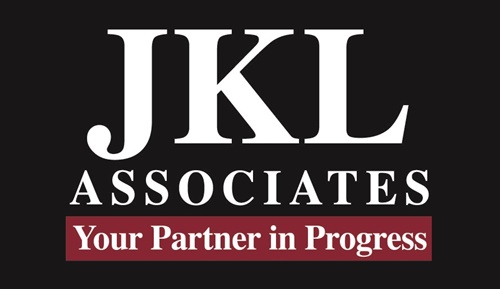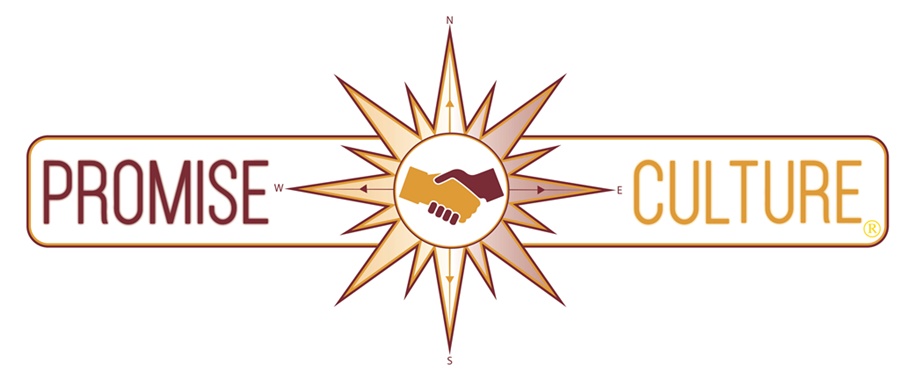Two of the more feared words in business are responsibility and accountability. Depending on one’s position and view of the organization, these words can be feared for various reasons. Fear is not necessarily a bad thing. In fight-or-flight situations, the human mind kicks in and causes some pretty remarkable things to happen, which might be the difference between a good or poor outcome.
When we examine the two words, we need to place them in context for clarification. For the sake of this communication, responsibility is having ownership (being in charge) for accomplishing a task or assignment. This responsibility can be carried out by oneself or through group or team effort. Accountability is being answerable for the actions and/or behaviors used to accomplish something.
So, as a leader, you take responsibility for completing the task or assignment. While being responsible, you engage your team in a way that inflicts challenges by driving them to complete the task. Your leadership can check off the box of task completion, but your team members’ accountability might get incomplete because of how you behaved or treated them. Responsibility is task or assignment-focused, while accountability incorporates the interpersonal methods employed to complete the task or assignment.
Our experience has been that these two words are feared more because of a lack of understanding of what or how they get deployed in the business setting. They are also too often used interchangeably by leadership and on role definitions to articulate contribution by a given role in the organization.
Both areas of contribution (responsibility and accountability) have associated expectations that should be differentiated for each role. For example, the standards for how and why a task might be accomplished might be part of the responsibilities. The accountability portion likely will include the framework of the organization’s purpose, core values, and guiding principles regarding the actions and behaviors that are to effect a positive outcome.
This week, revisit your talent acquisition process. Review your “Job Descriptions” and possibly recraft them into “Role Contribution Definitions.” Identify not just the list of tasks and functions but also incorporate the responsibilities, accountabilities, and associated expectations for those contributions. We promote the concept of “Role” over “Job” because people seek self-worth and self-confidence. They want and need to be part of something greater, better, more collective. The word “Job” demeans their actual contribution. They act and deliver and thus contribute to a given “Role” in the business, and thus need encouragement to be valued.
Does your talent acquisition system need upgrading to meet the needs of a demanding marketplace? Call JKL Associates at FL (407) 984-7246 or MI (313) 527-7945 and let a Promise Guide engage you in a no-obligation conversation.
COPYRIGHT – JKL ASSOCIATES 2024
QUESTIONS OR COMMENTS – EMAIL US AT PARTNERS@JKLASSOCIATES.COM OR CALL OUR OFFICES – MI AT (313) 527-7945 FL AT (407) 984-7246
Celebrating 30 years of Delivering on “Promises”




